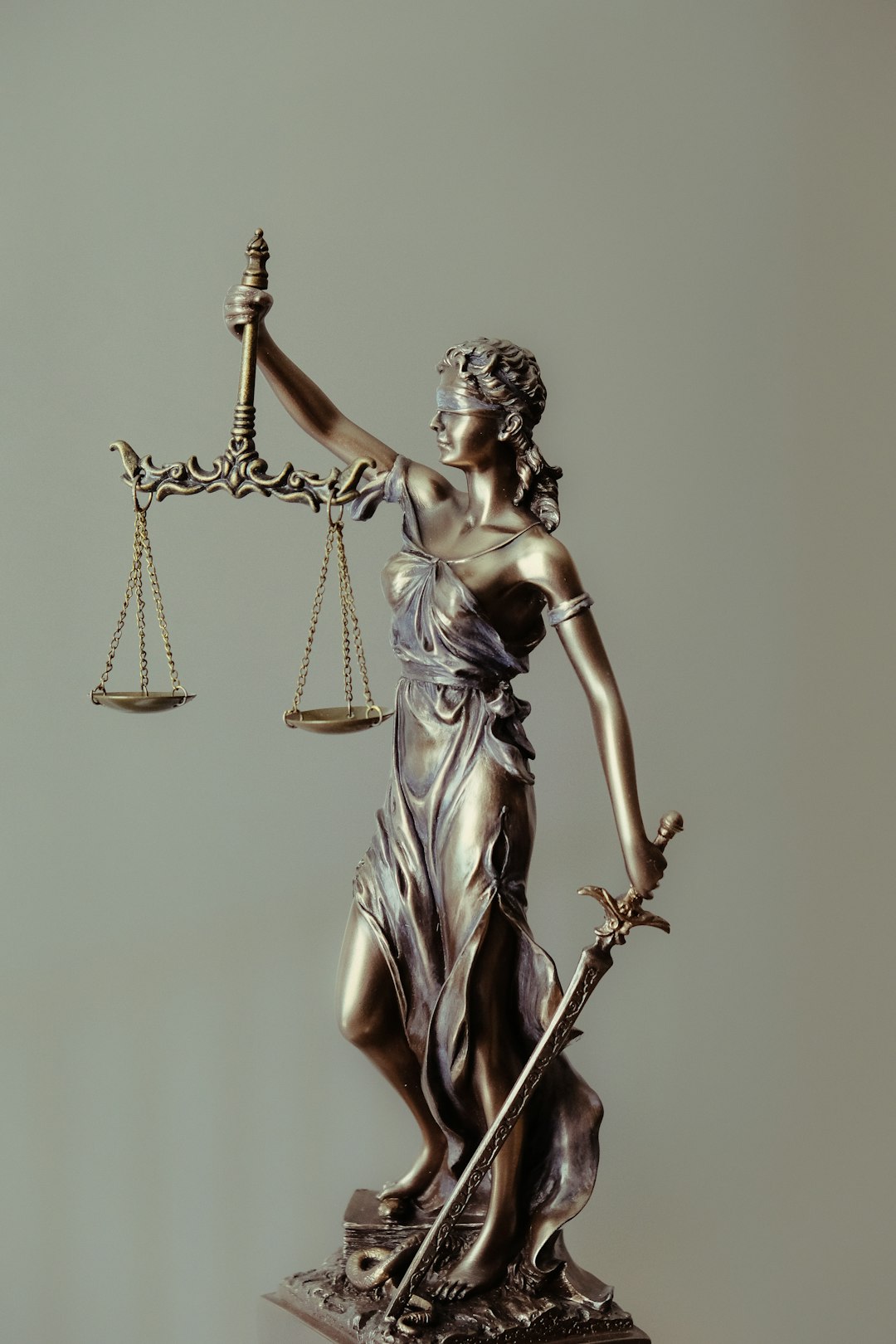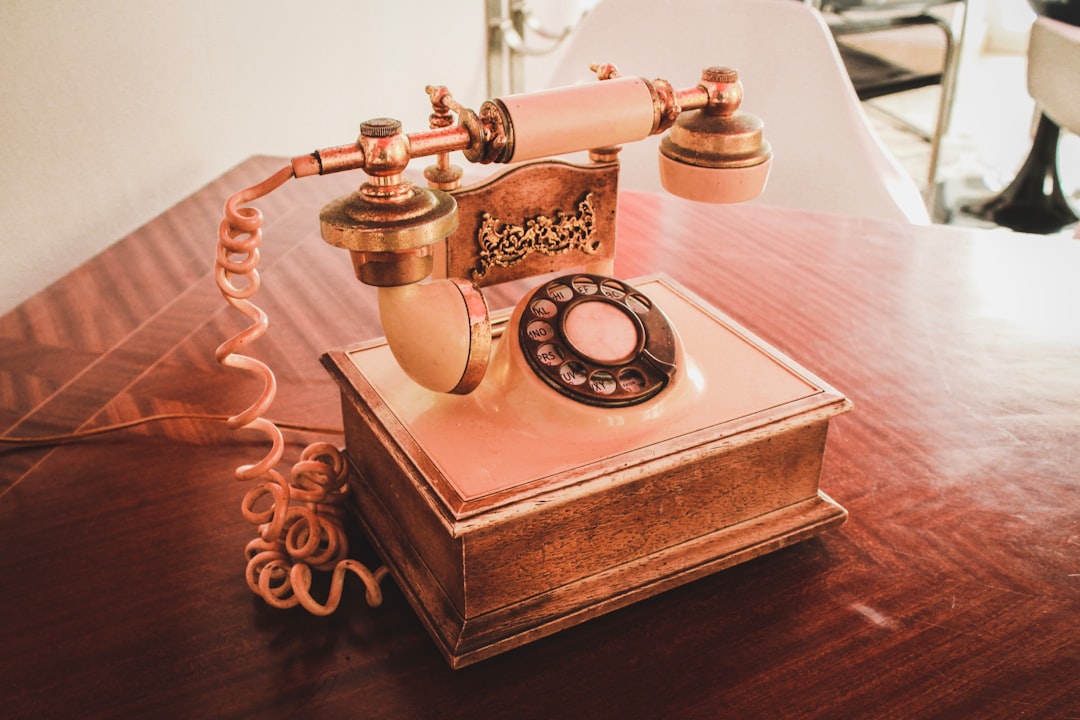Voice assistants, powered by AI, have revolutionized business operations, but their integration with autodialer systems introduces complex legal challenges, especially under Virginia's evolving regulations. Companies must navigate the Telephone Consumer Protection Act (TCPA) and consumer privacy guidelines to use these technologies legally. Engaging an autodialer attorney in Virginia is crucial for understanding and adhering to these rules, ensuring compliance, and avoiding penalties while leveraging advanced communication tools.
“Voice assistants are transforming business automation, streamlining operations for Chesapeake companies. This article delves into this burgeoning trend, focusing on the intersection of voice technology and legal boundaries, specifically in Virginia. We explore the ‘Legal Landscape’ surrounding autodialers, dissecting key regulations and their implications.
Understanding these dynamics is crucial for businesses aiming to remain compliant while leveraging advanced communication tools. From navigating risks to anticipating future trends, this comprehensive guide equips Chesapeake companies with knowledge, ensuring they stay ahead in an evolving legal frontier, especially when seeking guidance from autodialer attorneys in Virginia.”
Understanding Voice Assistants and Their Rise in Business Automation

Voice assistants, powered by artificial intelligence, have revolutionized the way businesses operate. These digital tools, like Siri and Alexa, can handle a wide range of tasks, from scheduling appointments to managing customer service inquiries. Their ability to understand natural language and context has made them increasingly popular among companies seeking automation solutions. In recent years, we’ve seen a significant rise in their adoption across various industries, from healthcare to retail.
This shift towards voice-based technologies presents new opportunities but also raises legal considerations, especially when it comes to privacy and communication regulations. For instance, in Virginia, where many Chesapeake-based companies operate, the use of autodialers is subject to specific laws and guidelines, particularly when integrated with voice assistants for marketing or sales purposes. Understanding these evolving norms is crucial for businesses aiming to leverage the benefits of automation while navigating legal requirements effectively.
The Legal Landscape: Exploring Autodialer Regulations in Virginia

In Virginia, the legal landscape surrounding autodialers and voice assistants is evolving as regulatory bodies adapt to new technologies. The state’s laws regarding telemarketing and automated calls provide a framework for businesses, but with the rise of advanced voice technology, there are specific considerations for companies using autodialer systems. An autodialer attorney in Virginia can guide organizations through these intricate regulations, ensuring compliance with the law.
Virginia’s Attorney General’s office offers guidelines on best practices for automated calls, emphasizing consumer privacy and consent. Companies must navigate laws like the Telephone Consumer Protection Act (TCPA) and ensure their autodialer systems obtain proper permissions before placing calls, adhering to do-not-call lists, and providing opt-out mechanisms. Staying informed about these regulations is crucial for Chesapeake companies aiming to utilize voice assistant technologies while maintaining legal integrity.
How Do Voice Assistants Interact with Existing Laws? A Comprehensive Look

Voice assistants, such as Siri, Alexa, and Google Assistant, have become integral parts of our daily lives. However, their interaction with existing laws, particularly those related to autodialers, presents a complex landscape for businesses in Chesapeake and across Virginia. Auto-dialer laws, designed to prevent unwanted phone calls, heavily regulate the use of automated dialing systems. With voice assistants capable of initiating automated calls, companies must navigate these legal intricacies to ensure compliance.
In Virginia, for instance, the Telephone Consumer Protection Act (TCPA) restricts the use of autodialers without prior express consent. Voice assistants that dial numbers automatically must adhere to these rules, ensuring user privacy and preventing harassment. Engaging an autodialer attorney in Virginia becomes crucial for businesses utilizing voice assistant technology to understand and fulfill their legal obligations, thus fostering a harmonious relationship between innovative communication tools and consumer protection laws.
Navigating Risks: Ensuring Compliance for Chesapeake Companies Using Autodialers

Chesapeake companies, as they adopt advanced technologies like voice assistants and autodialers, must also navigate a complex regulatory landscape to ensure compliance with the ever-evolving legal framework. With the surge in automated communication tools, businesses risk non-compliance if they fail to adhere to relevant laws and regulations, particularly those pertaining to privacy and consumer protection.
For instance, an autodialer attorney in Virginia can guide companies on navigating the Telephone Consumer Protection Act (TCPA), which restricts unsolicited phone marketing and protects consumers from certain types of automated calls. By engaging legal experts specializing in these areas, Chesapeake businesses can mitigate risks, ensure their autodialer practices comply with state and federal laws, and protect themselves from potential lawsuits and penalties.
Future of Business Communication: Adapting to Changing Legal Frontiers

The future of business communication is rapidly evolving, especially with the integration of voice assistants and automated dialling systems. As technology advances, so do the legal boundaries surrounding business practices. For Chesapeake companies, navigating these changing legal frontiers is crucial to staying competitive in a dynamic market. With the widespread adoption of voice assistants like Siri and Alexa, businesses must be mindful of data privacy and consent regulations, ensuring customer information is handled securely.
In Virginia, where technology-driven laws are continually adapting, autodialer attorneys play a vital role in guiding companies through these uncharted territories. They assist in understanding and adhering to regulations related to automated communications, ensuring compliance with the Telemarketing and Consumer Fraud and Abuse Prevention Act (TCFAPA). As business communication methods continue to revolutionize, staying informed about legal updates is essential for Chesapeake-based companies to avoid penalties and maintain customer trust.






